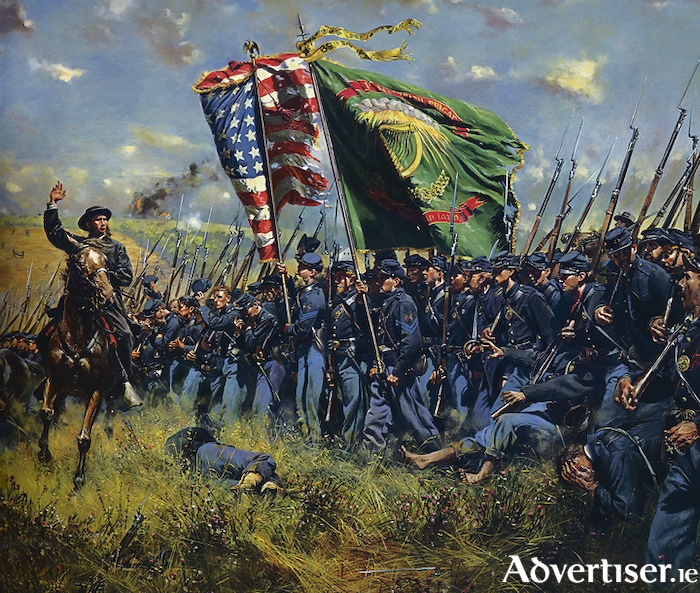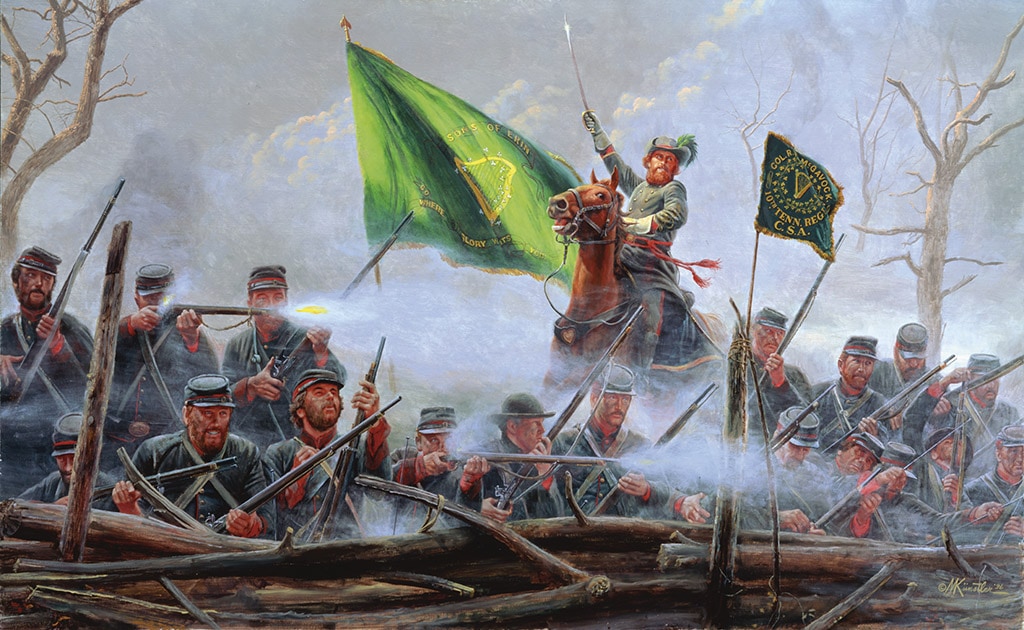Civil War armies included many foreign-born volunteers. Less so in the Confederate than in the Union Army, where up to a third of soldiers were not American-born. Most immigrant soldiers were from Europe, but volunteers from all over the world fought in the conflict. Their numbers included dozens – possibly hundreds – of Chinese immigrants. Below are twenty five things about them and other unlikely American Civil War soldiers.

ADVERTISEMENT - CONTINUE READING BELOW
Foreigners in the US Civil War
People from all over the world and of all kinds of backgrounds fought in the American Civil War. When the conflict erupted, about 13% of America’s population was foreign-born. However, their representation in the country’s armed services greatly exceeded their population percentage. The immigrants were not spread evenly across the country, but were concentrated mostly in the northern states. Thus, the percentage of foreign-born soldiers was significantly higher in the Union Army, which attracted more foreign volunteers than the Confederate one. Indeed, nearly half the soldiers who served in the Union Army were either foreign-born, or were the sons of immigrants. About two million men served the Union in uniform. Of those, a quarter to a third – 543,000 to 625,000 – were not born in America. Another 18% had at least one foreign-born parent.

ADVERTISEMENT - CONTINUE READING BELOW
Many ethnic Germans fought for the Union. About 216,000 German-born soldiers fought for the North, plus another 250,000 first generation German-Americans. Both sides of the conflict featured Irish regiments. Roughly 20,000 Irishmen fought for the Confederacy, a number eclipsed by the estimated 160,000 Irish who fought for the Union. Unsurprisingly, with slavery as the war’s central cause, the North found it easier to attract volunteers than did the slave-holding Confederacy. Also unsurprisingly, the Confederates were salty about the Union’s greater success in attracting foreign volunteers. Confederate diplomats overseas railed to Europeans that the North was recruiting their sons to serve as cannon fodder. At the same time, pamphlets circulated by Confederate diplomats referred to those same sons of Europe fighting for the Union as “mercenaries” and “the refuse of the old world“.

